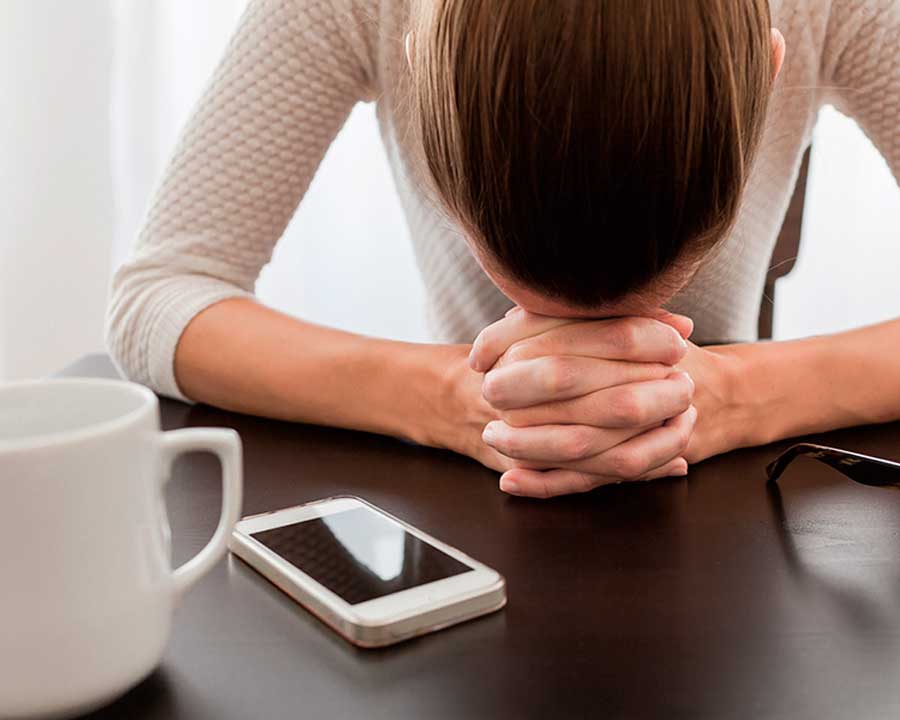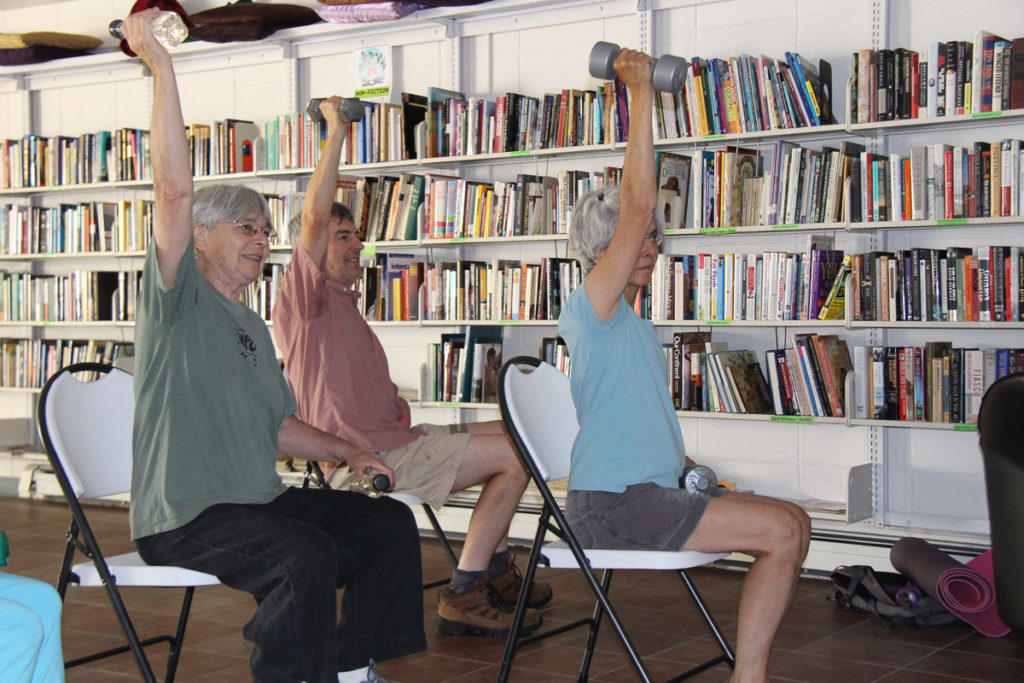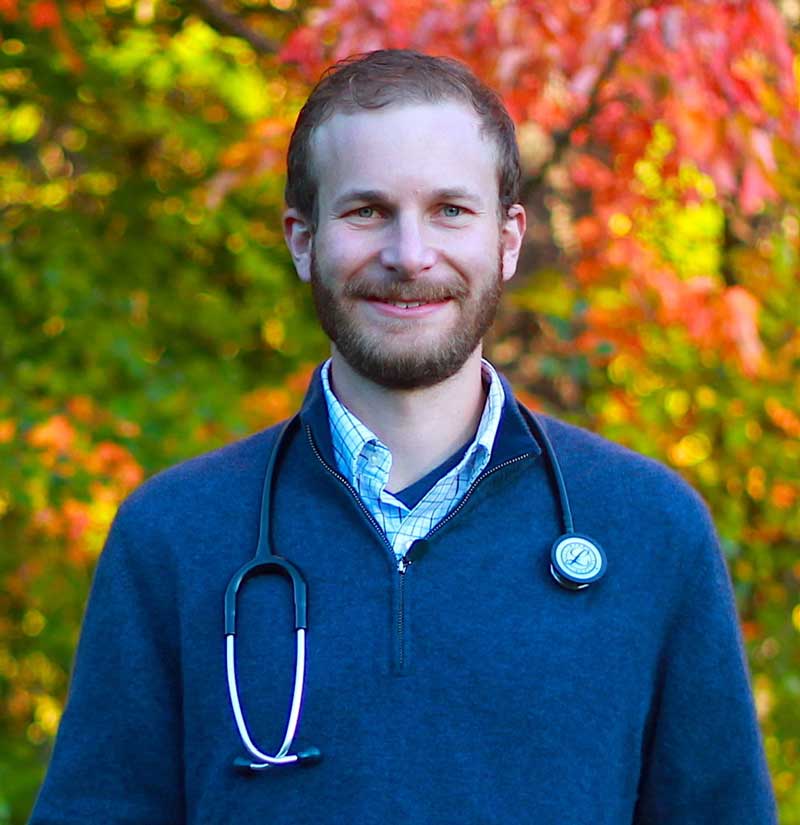Stress & Health
By Dr. Oren Gersten

On July 14th twelve engaged citizens, a health coach, and a primary care doctor met virtually to discuss the impact of stress on health. This meeting, “Stress Reduction as Medicine,” was part of a free and open community forum dedicated to improved health through lifestyle change.
For those disappointed to have missed it, worry not! The tips below encompass many of the important points. Also, the community forum series will continue with “Food as Medicine” in the Fall.
WHAT IS IT?
From a medical perspective a body experiences stress when we expose it to an unwanted stimulus. This could be heat, cold, fear, anger, illness, toxins, sun damage, or sleep deprivation just to name a few. Being dynamic, organisms adapt to stress in many ways. The simplest way is to avoid it. We see this when we apply a noxious stimulus to even the simplest organism – it moves away (assuming it can move).
For humans, the solution may not be so simple. For acute stresses, such as touching a hot stove, the response is straight forward. A nervous impulse causes a person to retract their hand from the stove in a matter of milliseconds. The area then feels pain causing the person to attend to the area. Blood flow increases and immune cells begin to repair damaged tissue. Although no one wishes to burn their hand, the process to fix it is an “adaptive” type of stress.
Contrast this to a different type of stress, such as that caused by chronic illness. Diabetes, hypertension, inflammatory diseases, and poor nutrition all put strain on the body. The body reacts to the stresses in predictable ways – hardening arteries, storing excess energy as fat, and increase in pain signals for example. A lot of our medical care focuses on resolving these stresses on the body by reversing and curing disease.
PSYCHOLOGICAL SYMPTOMS
When most people think of stress, they likely think of the psychological elements such as chest tightness, anxiety, irritability, and trouble sleeping. Interestingly, these feelings all have physiological underpinnings. Hormones such as adrenaline and cortisol increase heart rate, alter mood, and drown out sleep signals. Although the experience of stress is mainly psychological, the mechanism is physiological.
We live in a world where there will always be stressors. If we take the hot stove as an example, certain stress responses may even be adaptive. However, for many people the chronic stress of work, home life, money, and illness is maladaptive. If we don’t implement strategies to manage stress it can easily overwhelm us.
Here are five evidenced based tools that may help bring down your stress levels:
1. Make time for a daily mindfulness practice such as mediation, journaling, or even mindful eating.
2. Exercise! Not only is it good for your body but it helps to counteract the buildup of some of those maladaptive stress hormones.

-WEN file photo by Tony Zeli (Sep. 2017)
3. Spend time in nature. Anything from stepping outside for a breath of fresh air to a long hike can be beneficial.
4. Stay connected with friends and family, especially those you feel comfortable talking to about your life stressors.
5. Ask for professional advice if you are feeling overwhelmed. A doctor, counselor, or coach can all be great resources to help you come up with a stress management plan.

Oren Gersten is a board-certified family doctor who brings his passion for connecting and caring for people to his private practice, Portland Direct Primary Care, at 27 Ocean Street, #3, South Portland.
Reach him at (207) 618-9792 or visit PortlandDirectCare.com.






1 Comments
Davis
Hello.I am really satisfied with your advice,the list that you made is short but good.I agree with it in hundred percent.I would just add that any sort of daily mindfulness is good even if it is something that is weird.If you can be creative in any way you will think of what you are doing and not think about the problems you have.I like to draw,and I like to color coloring pages,that is removing the stress from my everydays,I completely forget about the problems I have.
You say we need to stay connected,I agree with that.But the problem is thata we should socialise in the real life,not virtually,hang out with friends,family,…Just surfing the social media and chating is not relaxing,you see news,you see bad things from the world,watching TV with news is also not good.Go to the nature,park,forest,anywhere,leave your phone at home,enjoy the things,views the nature has to offer,leave your problems at home or at work,enjoy a walk,bicycle ride,anything,these things are helping us to get rid of stress,not the gadgets.Life is one,enjoy it while you can,don’t waste time on bad things.